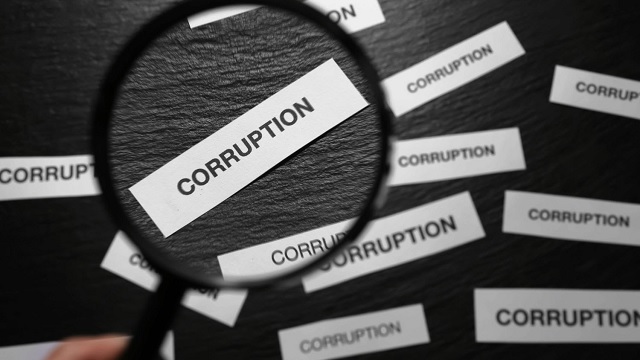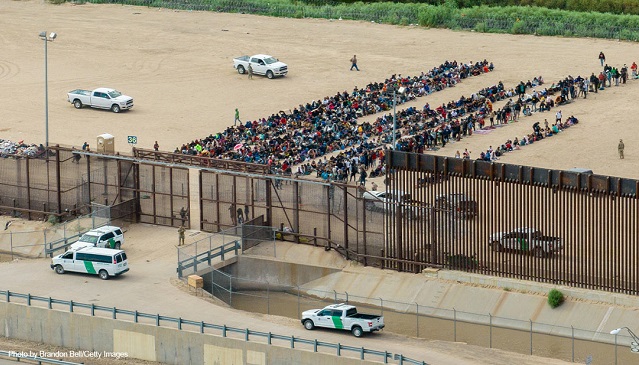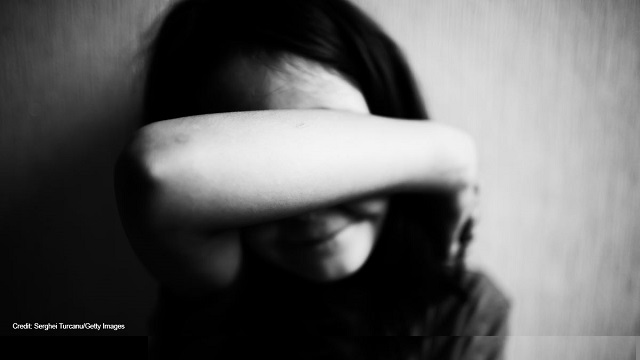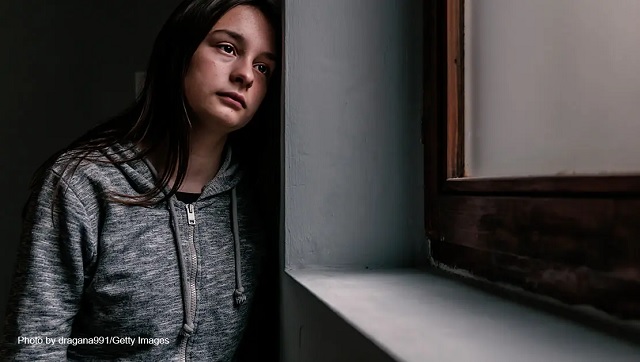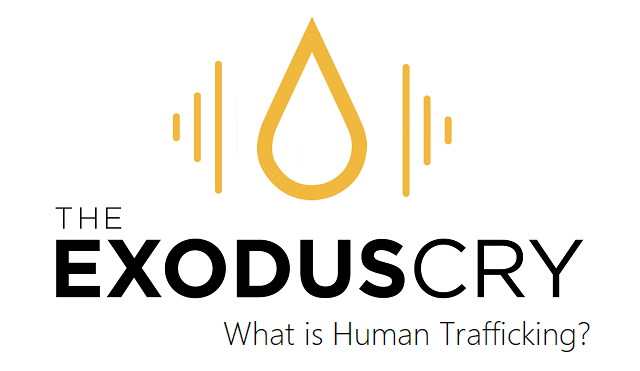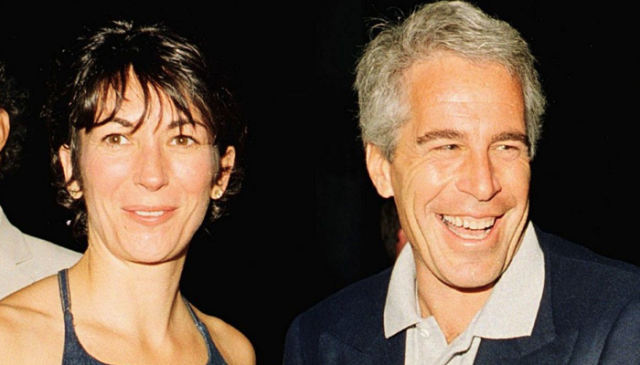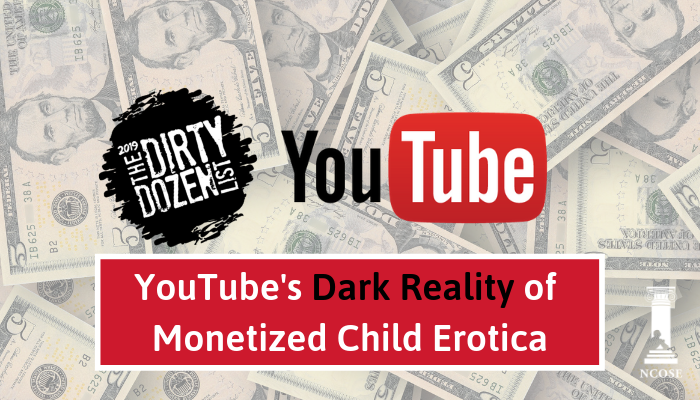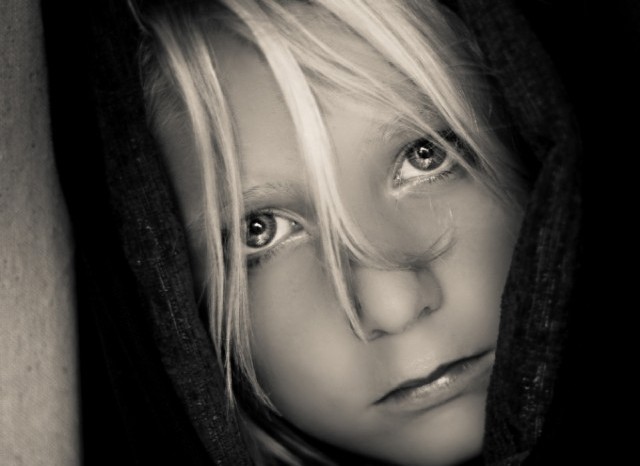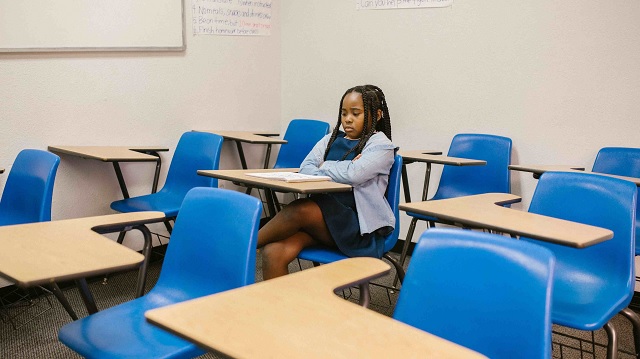
*Gabrielle’s story is a composite story, based on common experiences of black survivors which have been expressed to NCOSE and/or documented in research. The header image for this block is a stock image, not a picture of an actual survivor.
It started with a band-aid.
Gabrielle had tripped during recess and scraped up her knee. Crying, Gabrielle limped inside to go find her Kindergarten teacher, Ms. Evans, and show her what had happened.
Ms. Evans was a kind lady. Gabrielle hoped that, when she saw her bleeding knee, she might give her a hug and a lollipop for comfort. She had seen Ms. Evans do this last week for beautiful, blonde-haired Kylie, when that little girl had fallen off the monkey bars.
But Ms. Evans simply gave Gabrielle a pat on the back, told her to “be a big girl,” and reached inside her desk for a band-aid.
Swallowing her disappointment, Gabrielle took the band-aid and struggled to put it on. She’d never put on a band-aid herself before, but she finally managed to get it to stick.
Only, it looked funny . . .
Gabrielle frowned at the band-aid for a moment, trying to figure out what was wrong.
Then she realized.
The band-aid was “skin color.” Not Gabrielle’s skin color. Kylie’s skin color.
It was that band-aid that first made Gabrielle understand that she was “different.” That the color of her skin somehow made her an outsider.
And as Gabrielle frowned at the band-aid, standing out so pale against her dark knee, she couldn’t help but wonder if the color of her skin was also the reason why Ms. Evans hadn’t given her a hug or a lollipop.
Fact: Studies show that adults tend to perceive Black girls as older and less innocent than White girls. This is known as “Adultification” and it often leads to Black girls not receiving the same level of nurturing and compassion as White girls do. It also often leads to Black girls being sexualized at an earlier age, which increases the risk that they will be sexually exploited.
Gabrielle soon realized that Kindergarten teachers weren’t the only ones who treated her differently. There were also the men. Young men, old men – so many of them seemed to leer at Gabrielle like they wanted to do something to her. Gabrielle didn’t know what that something was . . . until one day, her latest foster father made it clear.
Fact: Black children are overrepresented in the foster care system. Although they make up only 14% of children in the United States, Black children make up 23% of the foster care system. Foster children are ten times more likely to be sexually abused and Black children are sexually abused twice as much as their White counterparts in the foster care system. Statistics show that a history of sexual abuse dramatically increases a person’s chance of being exploited in prostitution.
Gabrielle carried the trauma from what her foster father did to her for years. She carried it into her first relationship, during which she felt intense fear of doing anything physical. When she told her boyfriend that she didn’t want to, he wasn’t pleased.
“I thought girls like you were always into it?” he said.
Gabrielle didn’t ask what he meant by “girls like her.” She didn’t have to. Because next, her boyfriend showed her his favorite “ebony” pornography videos, as examples of what he wanted to do with her.
Gabrielle had nightmares for weeks.
Fact: Contemporary Internet pornography sites feature grotesquely racist themes such as those depicted in the screenshots below. Pornography is perhaps the only remaining mainstream media where racism is not only permitted, it is encouraged.
After years of enduring experiences of this nature, Gabrielle eventually decided: if the men in the world were determined to see her as nothing but a Jezebel whom they could use and abuse as they pleased . . . well then, she might as well get paid for it.
And so, Gabrielle entered prostitution.
What she didn’t know was that, in the prostitution marketplace, racism would be uglier than ever.
Her grim conclusion that she “might as well get paid” for being sexually used turned out to be misplaced – for she found that she could not make as much money in prostitution as the White girls.
Gabrielle almost laughed at the cruel irony of it . . . She had supposed that in the prostitution marketplace, where all the women were degraded to mere objects, she would be on “equal footing” with other women at last. But no. Even here, she was worth less. It was somehow possible for the color of her skin to sink her even below the value of an object.
Watch Dr. Stephany Powell discuss beauty standards in the prostitution marketplace, and how black women/girls are sold for less money:
Gabrielle was barely scraping by, so when she met a pimp who promised to help her make more money, she agreed to his offer.
That was a terrible mistake.
The pimp wasn’t interested in helping Gabrielle – he was only interested in controlling and profiting from her. Not only did he not help her make more money, but he beat her when she didn’t make enough to satisfy him.
When Gabrielle pleaded for mercy, explaining that it was harder for her to make money than his other girls because she was black, he simply laughed.
“I know that,” he said, his lip curling in a derisive sneer. “Why do you think I don’t beat my White girls? They’re too valuable, I can’t mark up their faces. You on the other hand . . .”
Fact: Traffickers disproportionately target Black women and girls. It is reported that 40% of sex trafficking victims in the U.S. are Black, despite Black people making up only 13.6% of the U.S. population.
Then one day, while Gabrielle was soliciting on the streets trying to make enough money to avoid a beating, she was arrested. She would be charged with the crime of prostitution, the policeman told her.
As she sat in the police station, Gabrielle knew she ought to be afraid, but she couldn’t help but feel hope . . . Perhaps if she told the police about being under the control of an abusive pimp, they would recognize her as a victim. Perhaps they would rescue her from her situation and give her services, rather than a sentence.
Unfortunately, that didn’t end up being the case.
Gabrielle told her story – but only skeptical, unimpressed faces stared back at her.
Watch Dr. Stephany Powell explain how implicit bias can influence how black survivors are treated by law enforcement and non-profit agencies, and how NCOSE is seeking to address this with their training programs:
ACTION: Request Information about the ELEET Training Program
The Equipping Law Enforcement to End Trafficking (ELEET) training program was developed with a working group of survivors, prosecutors, and seasoned officers in order to educate law enforcement and/or prosecutors on the importance of developing a victim-centered approach during initial contact with victims of human sex trafficking while minimizing the court appearance of victims and addressing implicit bias. Request to book a training or get more information here.
Stories like Gabrielle’s are not rare. Together, adultification, implicit bias, racism and more are risk factors for experiencing sexual exploitation, and even decrease opportunities to exit. We must act together to learn about these realities ourselves, to hold entities responsible for normalizing these themes, and to better equip those who serve survivors.
AUTHOR
EDITORS NOTE: This NCOSE column is republished with permission. ©All rights reserved.
